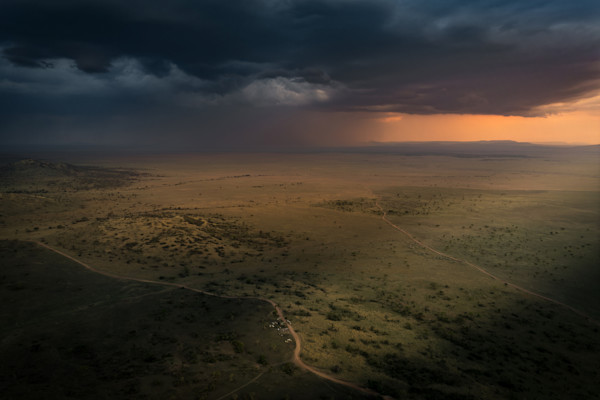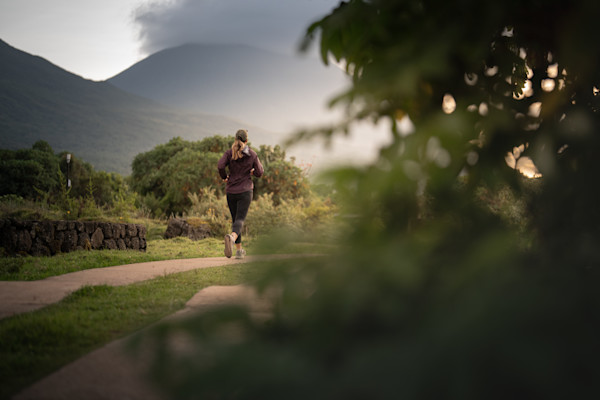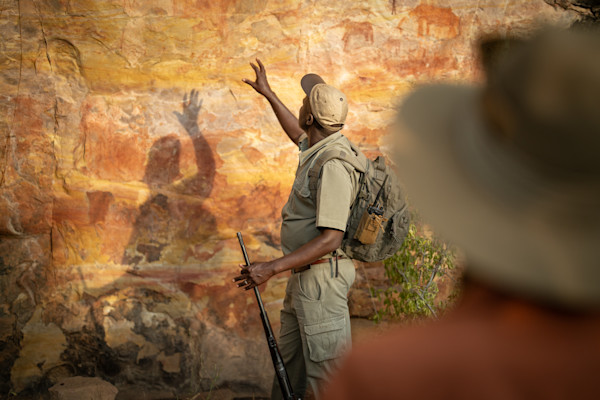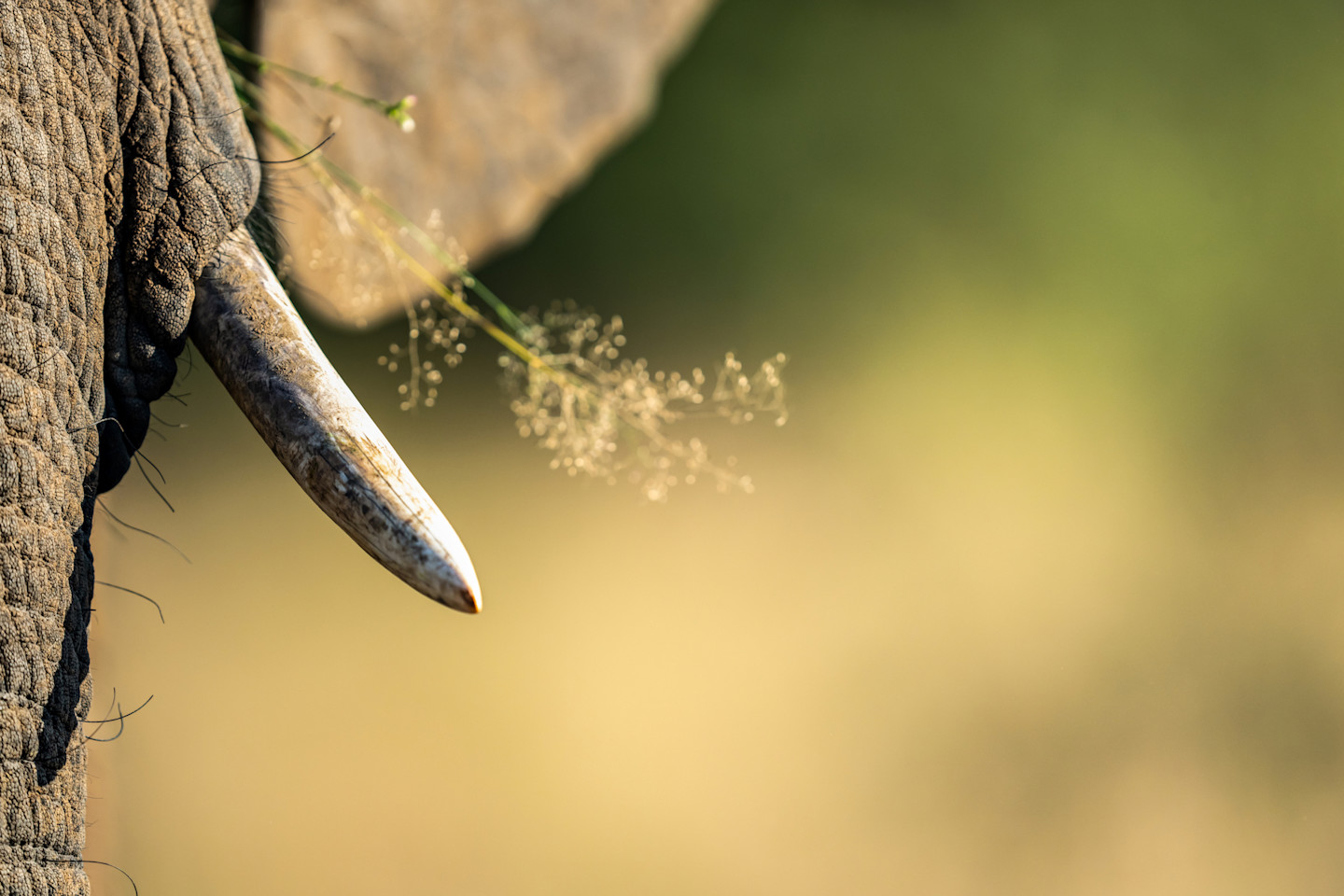
May 2025
Conservation
Experience
Biodiversity
All Things in Balance — Conserving Africa Through Ecotourism
in ConservationShare:
All Things in Balance — Conserving Africa Through Ecotourism
Travel, by nature, leaves a trace. If we think of the world in ecological terms – as a series of complex ecosystems nested within ever-larger wholes, the largest of which is Earth – then any movement between places inevitably creates a disturbance. But this unsettling word needn’t carry such a negative connotation.
How we impact our surroundings as we move through them depends on our travel philosophy. The paradox of travelling is that the more consciously we attempt to be somewhere, the less we tend to blend in – and the less we blend in, the more we inevitably miss.
But the more conscious we are of ourselves, the more care we take not to disturb its balance, and in turn, the more authentic our experience of a place becomes. Such is the power – and importance – of ecotourism.
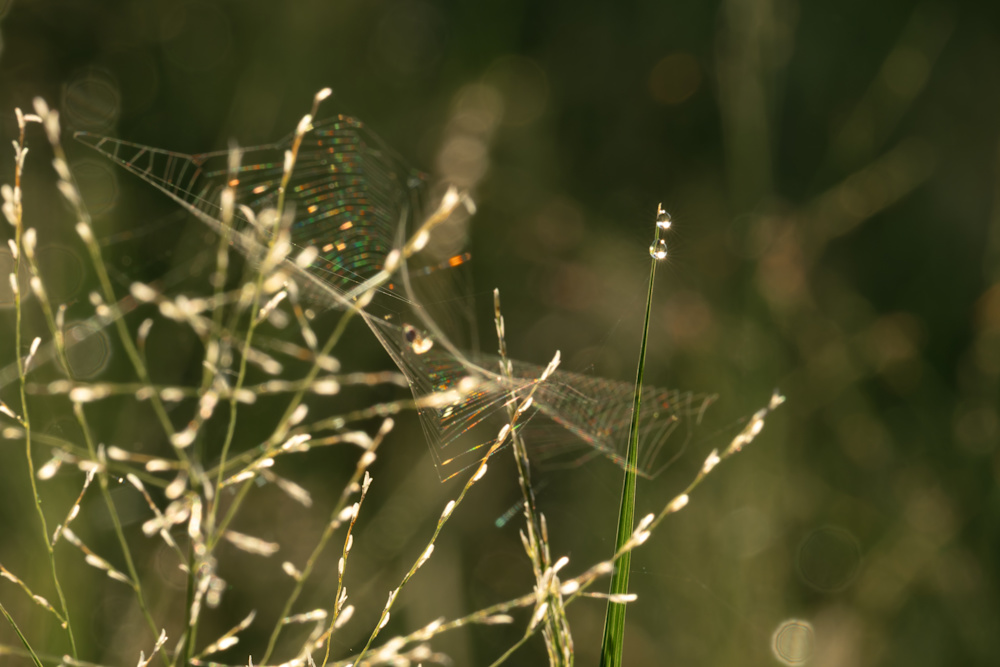
Entering a place consciously maintains its integrity while offering a more authentic experience
The difference the ‘eco’ makes
Traditional tourism plays an important role in economic growth, but rarely in long-term development. And its financial benefit often fails to account for its environmental cost.
Ecotourism is a remedy for this: a means of travelling ethically and responsibly, mostly to rural or wild natural spaces, where luxury experiences live supportively alongside communities that, in traditional travel models, tend to get left behind.
Centred around conservation, communities, and education, ecotourism aims to support the preservation of ecosystems and contribute to meaningful socio-economic development, either by funding initiatives directly or by partnering with local communities and organisations.
Where traditional tourism often imposes, ecotourism seeks to immerse and connect guests to the nature, culture, and people of a place in ways that honour, sustain, and even help them. It’s a way to ensure that the impact of our travels is as minimal as possible, and wherever it can be, beneficial.

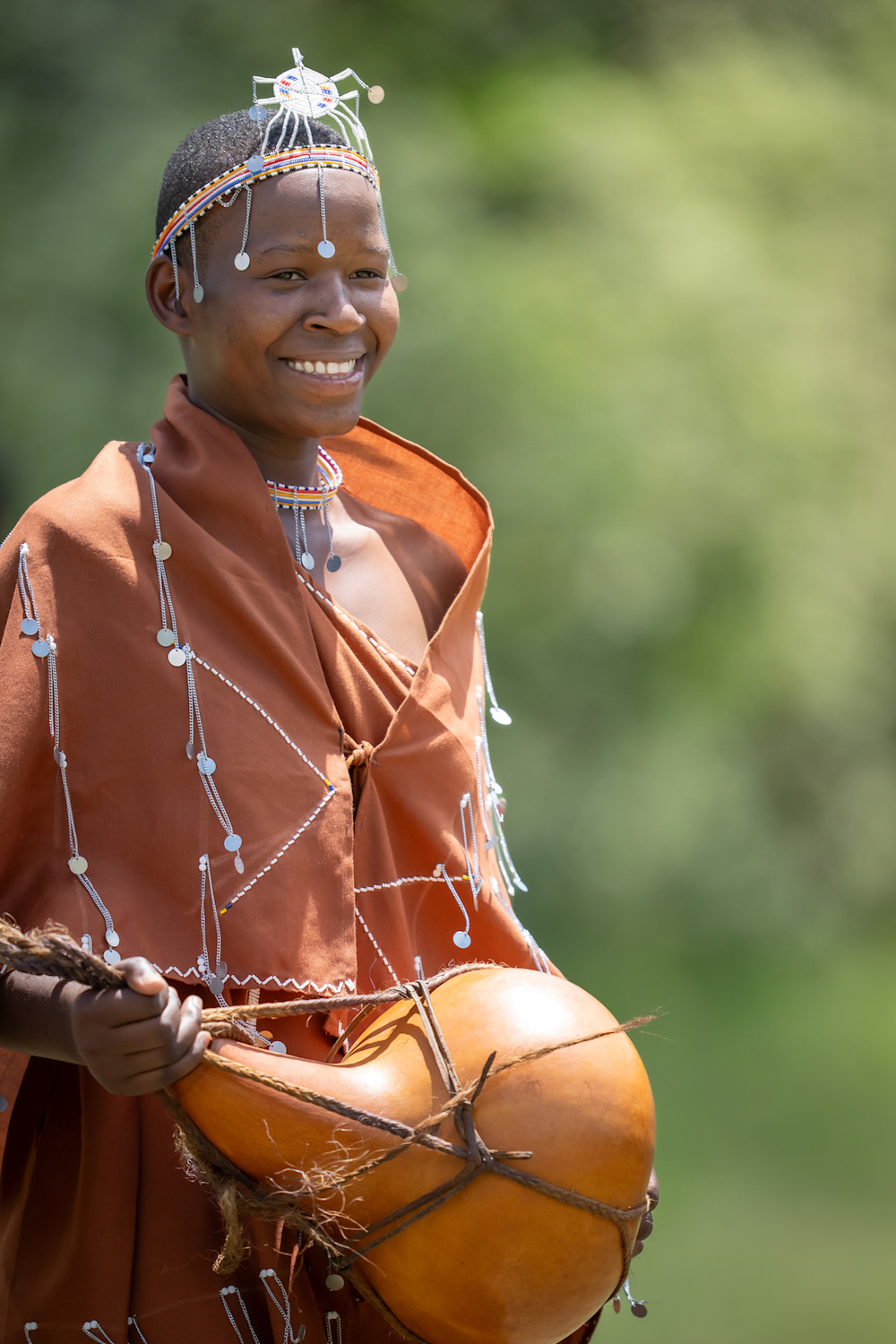
Ecotourism allows luxury experiences to live supportively alongside community upliftment and forward-thinking conservation
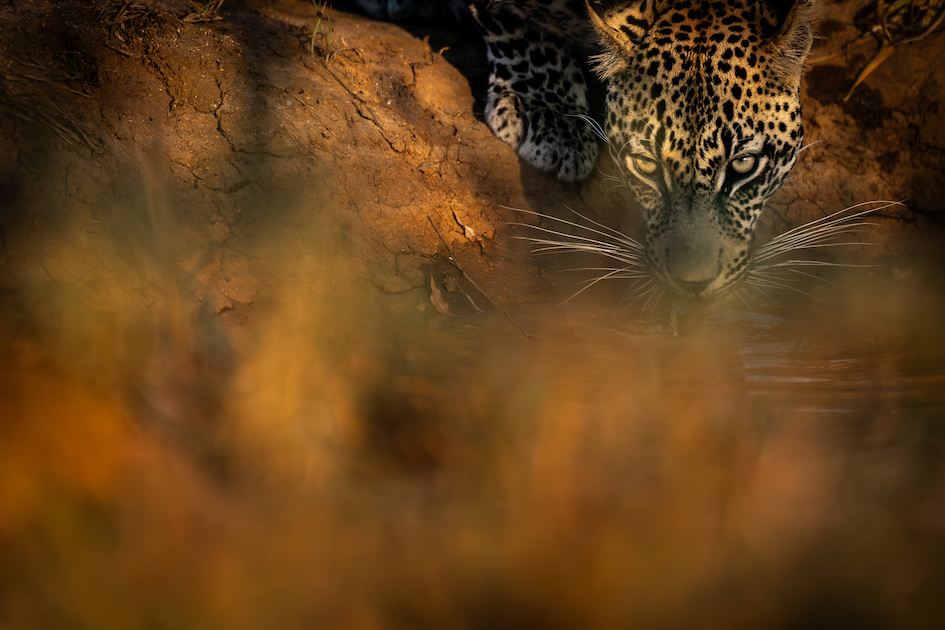
Ecotourism in Africa
Safaris form a cornerstone of Africa’s ecotourism industry, drawing global crowds of ethically minded travellers every year, many of whom seek a closeness to its wilderness and wildlife while also enjoying an elevated experience.
This can be a difficult line to straddle, especially given there are only so many game vehicles a concession can accommodate, and only so many beds a lodge can offer before its footprint starts to outweigh its impact.
For decades, Singita has taken care to integrate sustainable practices into every aspect of our guest experience and operations. Drawing from solar power, building with regenerative materials, leveraging technologies like carbon credits, and working with local communities and conservation partners, we aim to reduce our and our guests’ impact.
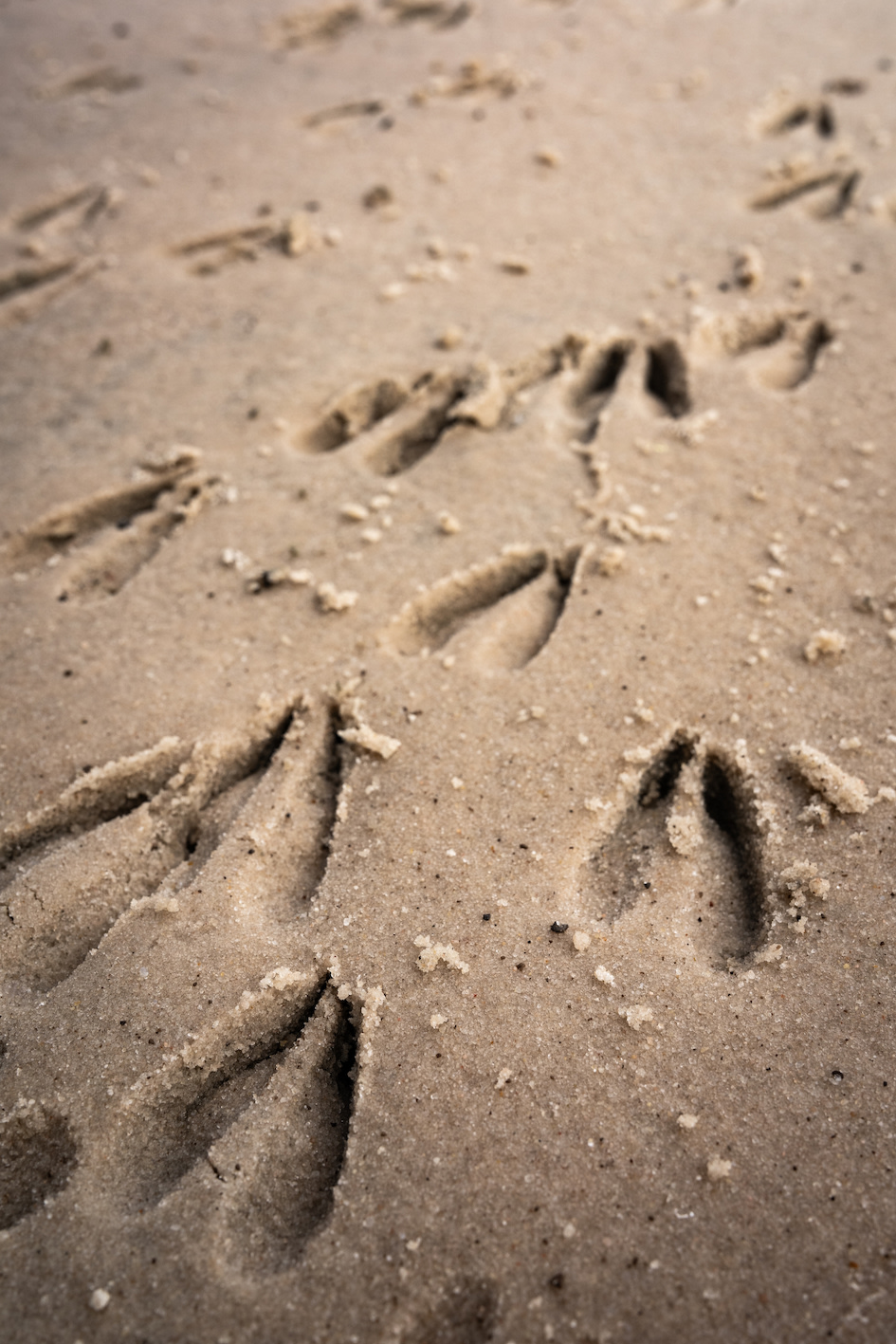

Minimising our footprint while offering an elevated experience and maximising a positive impact is a delicate balance we must achieve
Preserving space and balance
But more than that, it’s being conscious of the balance of the space that we’re privileged to steward – or rather, the deliberate decision not to over-occupy our concessions – that enables us to do so. Luxury hospitality and ecotourism companies must operate with the understanding that less is not only more, but necessary: fewer guests, fewer vehicles, less noise, less disruption.
This is how we’ll preserve and protect the scale and soul of Africa’s wild spaces – without gradually infringing upon them further. The wild must be kept wild – not overtrodden nor diminished. It must be respected in practice.
Surrounded by thousands of hectares, with no other light, sound, or presence except what belongs, balance is preserved – between conservation and tourism, luxury and lightness on the earth, and travel, with the quiet understanding that though it may always leave a trace, it needn’t leave a mark.
